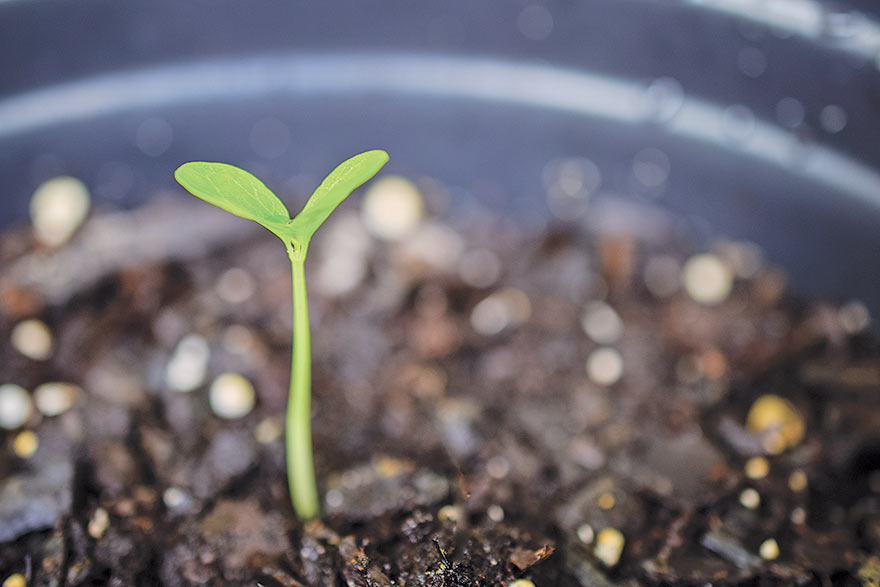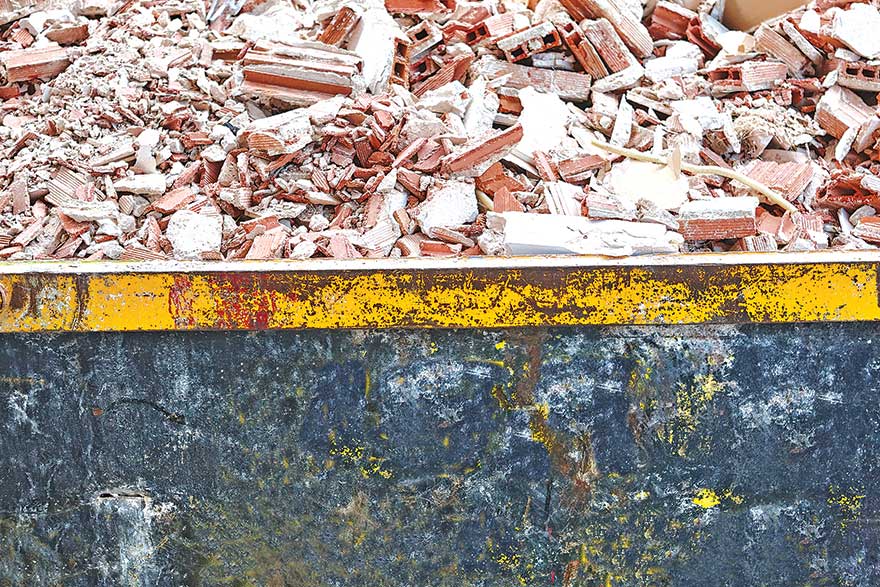Since the creation of Finland’s roadmap to a circular economy, ever more countries have recognised the importance of advancing a circular economy to mitigate climate change and tackle a host of crises, from resource scarcity to biodiversity loss and climate change.
By Laura Järvinen, Sitra Leading Specialist, and Riku Sinervo, Sitra Specialist
On a planet that’s being ravaged by the climate crisis and biodiversity loss, wellbeing can no longer be based solely on the manufacturing of new goods and introducing of new natural resources.
The circular economy is an economic model that aims to optimise the system as a whole and tackle the root causes of biodiversity loss, climate change and natural resource depletion.
Rather than producing more and more goods, in a circular economy we get more value from what we have, and we retain that value within the economy for as long as possible, through smarter designs, digital solutions and a shift from owning products to using services.
But how can we actually make the transition to a circular economy? In 2016, Finland was the first country in the world to prepare a national circular economy roadmap, under the leadership of the Finnish Innovation Fund Sitra. This roadmap provides a plan to move the country away from a ‘make-take-waste’ linear economy model to one that protects resources and eliminates waste along value chains.
The roadmap has proven to be a strong tool in launching a circular change and creating a strong commitment throughout Finnish society. Finland today has a variety of ongoing circular economy activities in several sectors, a governmental programme for advancing the circular economy, and the highest number of circular economy higher education courses in the world.
Since the creation of Finland’s roadmap, ever more countries have recognised the importance of advancing a circular economy to mitigate climate change and tackle a host of crises, from resource scarcity to biodiversity loss and climate change.
Circularity is even shaping many visions for the future. For instance, the EU’s new Circular Economy Action Plan featured as a key element of the European Green Deal, which is itself an ambitious plan to build a carbon-neutral economy. The roadmap can be an important route to kickstart new circular initiatives.
Here is a selection of Finland’s key lessons learned from the creation of its circular transition roadmap.

CONTEXT IS KEY
The most important aspect of creating a circular economy roadmap is to design solutions that work for a particular context and that keep a country’s particular perspective in mind. Circular solutions cannot simply be imported from other countries without alteration. They must make the most of a country’s capabilities and resources.
To that end, Finland brought together a core working group that included 50 changemakers from all sectors of society. In addition, hundreds of participants took part via workshops and online commenting. With everyone around the same table, it was possible to create a shared mindset regarding a path towards a sustainable future.
COOPERATION IS REQUIRED FOR PROGRESS
Winning solutions are not simply created using the old ‘top-down’ way of doing things, but rather by demanding diverse cooperation and persevering with effort and commitment. Expertise from government, business, academia, civil society and the public are all needed for change to take root and grow.
A just transition to a circular economy also requires cooperation across borders. According to Circularity Gap Report 2021, the world economy is only 8.6% circular. As most countries are too small to be entirely self-sufficient in circularity, it is essential to find ways to make global resource extraction and processing more sustainable. It will also be crucial for circular principles and practises to be adopted globally.
System-wide change is not possible without a major investment in education. Professionals, experts and decision-makers, both now and in the future, play a decisive role in building a new future
INVEST IN EDUCATION
System-wide change is not possible without a major investment in education. Professionals, experts and decision-makers, both now and in the future, play a decisive role in building a new future.
Knowing the importance of education, it was back in 2017 that Finland created an education initiative for students to study the circular economy. This was a new initiative that ranged from primary schools to universities. The study packages and teaching materials were developed together with schools in a series of projects for circular economy education in 2017-2019. Since then, circular economy teaching has established itself as a permanent part of the Finnish curriculum.
Moving forward, education will come in the form of upskilling, as the principles and practises of the circular economy will impact almost every job. Vocational education, and lifelong learning in particular, need new solutions, allowing professionals in different sectors to apply the principles of a carbon-neutral circular economy to their own work.
LEARNING FROM FINLAND
Finland’s road map was more than just an official document. Several projects of significant importance to Finland’s circular transition were agreed on during the road map process. For instance, governmental innovation and funding organisation Business Finland launched a four-year, 300-million-euro circular economy programme. Technology Industries of Finland, together with Sitra and Accenture Strategy, created a playbook for circular economy business development for Finnish SMEs operating in the manufacturing industries.
Such efforts led to one-of-a-kind experiments, such as the regenerative agriculture pilot project called Carbon Action, which gathered more than 110 farms to tests different farming methods for enhancing soil carbon sequestration. This experiment then evolved into the Carbon Action Platform, which develops and researches ways of accelerating soil carbon sequestration and verifying the results scientifically.
With a roadmap in place, the circular economy has established itself in the public discourse and materialised at a practical level as tangible actions.
Good initiatives have been generated, for example in the areas of mobility services, nutrient cycle and promotion of the use of waste materials from the construction sector. The Finnish Government’s Circular Economy Programme, published in early 2021, represents an important milestone in Finland’s circular economy work. Finland aims to reduce the use of natural resources by 2035 and has committed to achieving climate neutrality by the same year. Such goals are only possible when the growth of the economy and people’s wellbeing are no longer based on the wasteful use of natural resources.
Supported by research institutes, small and agile companies have been able to develop solutions that use resources in a more efficient manner than was the case before. The circular economy also has strong support among Finnish citizens. According to a 2021 Sitra survey, 82% of Finns believe that a circular economy creates new jobs and wellbeing in Finland.
The Finns don’t have all the answers – they are learning as they go, like the rest of the globe. However, they have learned first-hand the importance of adapting and scaling up existing solutions, investing in a participatory process, working together and investing in education. These factors – sparked by their roadmap – have been the key elements of Finland’s transition to a circular economy.
A longer version of this article was originally published on 9th June 2021 on the website of the World Economic Forum
